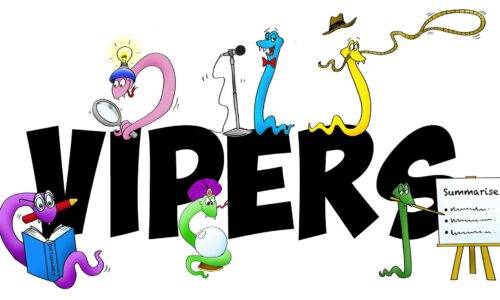Introduction
Literacy is the foundation for learning. In order to succeed academically, you need to be able to read and write effectively, understand and analyse information, and think critically. Without literacy skills, you may struggle to keep up with the demands of your coursework, participate in class discussions, and engage with complex texts.
In today’s information and knowledge-based economy, literacy is essential for career development. Many jobs require employees to be able to read and write effectively, communicate clearly, and think critically. Without literacy skills, you might struggle to find employment or advance in your career.
Literacy is important for personal development as well. It enables you to express yourself effectively and communicate your thoughts, ideas, and emotions to others. This helps to build confidence, self-esteem, and social skills. Literacy also provides you with access to information and ideas that can broaden your perspectives and help you better understand the world around you.
Literacy is also linked to health and well-being. Individuals who are literate are more likely to have better health outcomes, access health information, and make informed decisions about their health. They are also more likely to engage in healthy behaviours, and take advantage of health resources and services.

